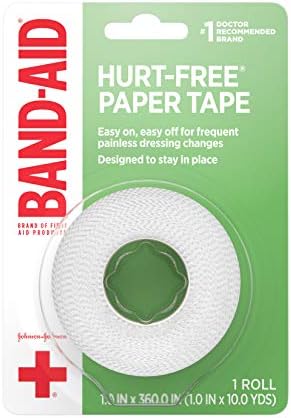Sichern Sie sich Gratisartikel

In the age of digital information, everyone is searching for valuable resources without breaking the bank. Free articles are one of the best ways to glean insights while keeping your budget intact. But how can you find and secure these resources? This guide will walk you through the process of obtaining free articles, ensuring you never miss out on valuable information again. Whether you are a student, a blogger, or someone simply looking for knowledge, this article is for you.
Before diving into the main content, let’s address a key concern: What exactly constitutes a ‘free article’? These can range from academic papers, insightful blog posts, growth strategies in business, tutorials, and more, effectively catering to various interests and fields. You will learn how to access, evaluate, and utilize these articles for your benefit.
Understanding the Value of Free Articles
Why Free Articles Are Essential
Free articles offer a wealth of knowledge. They can provide:
- Cost-Effective Learning: You can access high-quality information without spending money.
- Diverse Perspectives: Different authors can provide a wide range of insights, making your understanding deeper.
- Updated Information: Many resources are continuously updated, keeping you informed of the latest trends.
Types of Free Articles You Can Find
When searching for free articles, consider these categories:
- Academic Articles: Often published by scholars, these articles can be found in open-access journals.
- Blog Posts: Many bloggers share valuable tips and stories for free, helping you in various topics.
- Guides and Tutorials: Industry experts often share their knowledge through comprehensive guides available at no cost.
Where to Search for Free Articles
Online Databases
Several platforms offer access to a plethora of free articles. Some noteworthy databases include:
- Explore Academic Journals
- Google Scholar, which provides a robust selection of academic articles.
- Directory of Open Access Journals (DOAJ), a community-curated list of open access journals, designed to increase discoverability.
Blog Platforms
Many bloggers provide rich content for free. Websites like Medium allow users to access a variety of articles on countless subjects. Subscribing to specific tags related to your interests can be beneficial.
Evaluating the Quality of Free Articles
Checking Credibility
Not all free articles are created equal. Assessing their credibility is crucial. Consider the following:
- Author’s Credentials: Look for articles written by experts in the field.
- Source Validity: Ensure the article comes from a reputable website or organization.
- Publication Date: Prefer the most recent articles to ensure information is relevant.
Utilizing Tools for Verification
Your research can be made easier by tools such as:
- Turnitin: For checking the originality of content and ensuring the article isn’t plagiarized.
- CiteSeerX: A public search engine and digital library for scientific and academic papers.
Maximizing the Use of Free Articles
Incorporating Articles into Your Work
Once you’ve found and secured valuable free articles, here’s how to integrate them into your work:
- Citing Properly: Always give credit to the original authors.
- Summarizing and Analyzing: Break down the key takeaways to enhance your perspective.
- Linking Related Articles: Create a web of the information to provide a broader understanding of the topic. For further reading, you can check this article.
Conclusion
Accessing free articles doesn’t have to be a daunting task. With the strategies outlined in this guide, you can navigate the online world and secure valuable information efficiently. From understanding their value and where to find them, to evaluating their quality and maximizing their use, you are now equipped to benefit from free articles immensely.
As you embark on your journey to gather knowledge, remember to share your findings with peers and contribute back to the community. Have any resources you’d love to share? Feel free to drop a comment or reach out!
